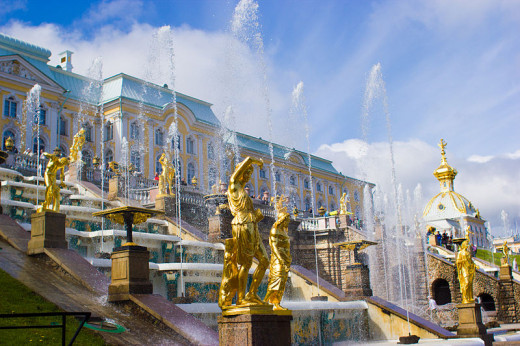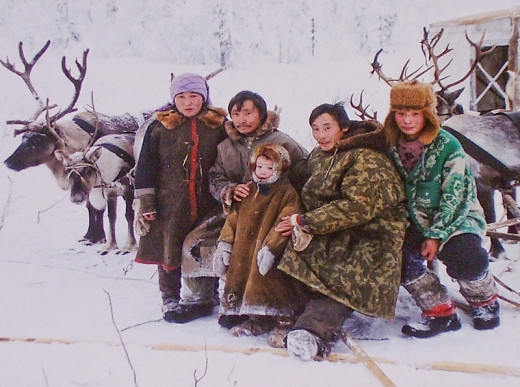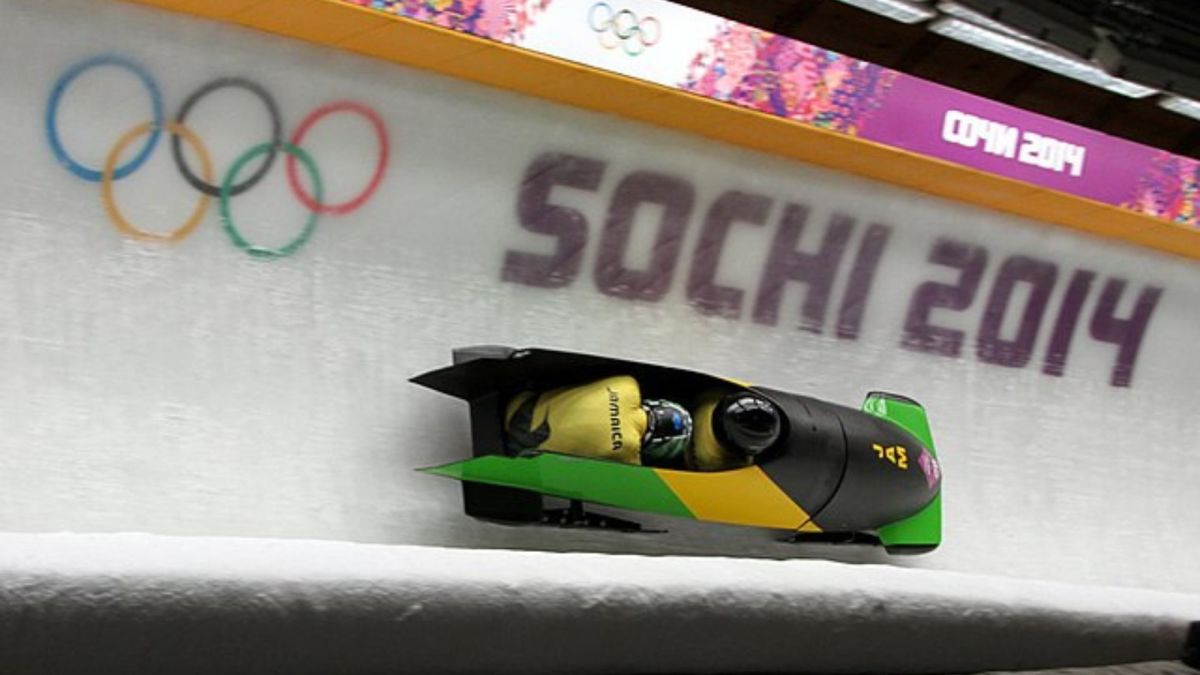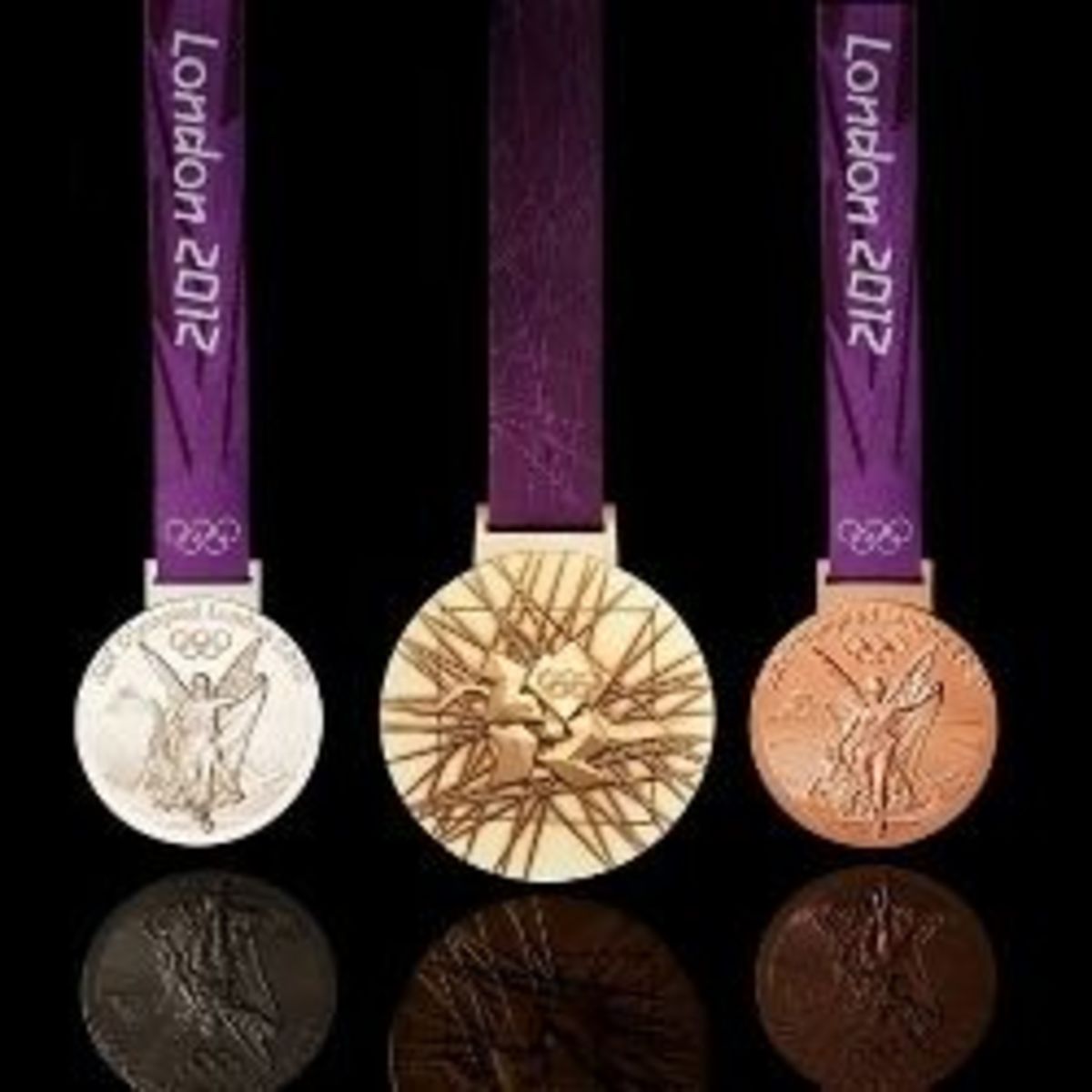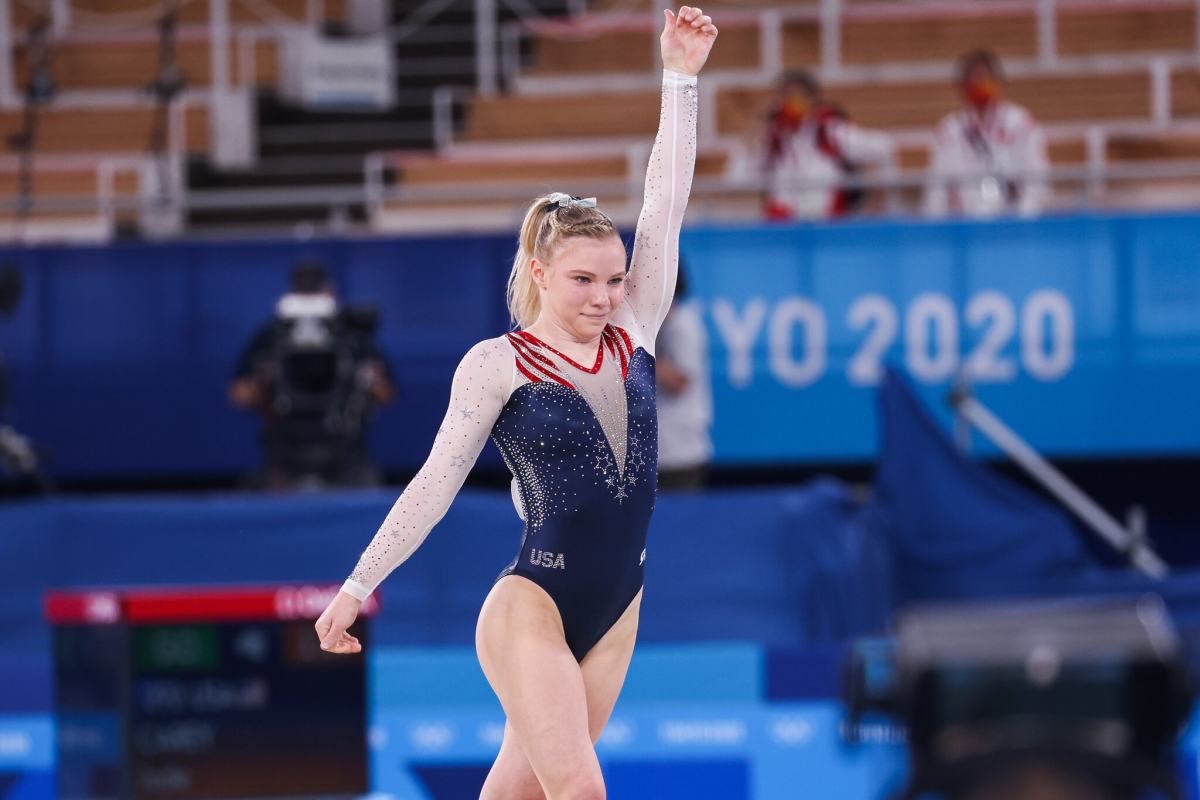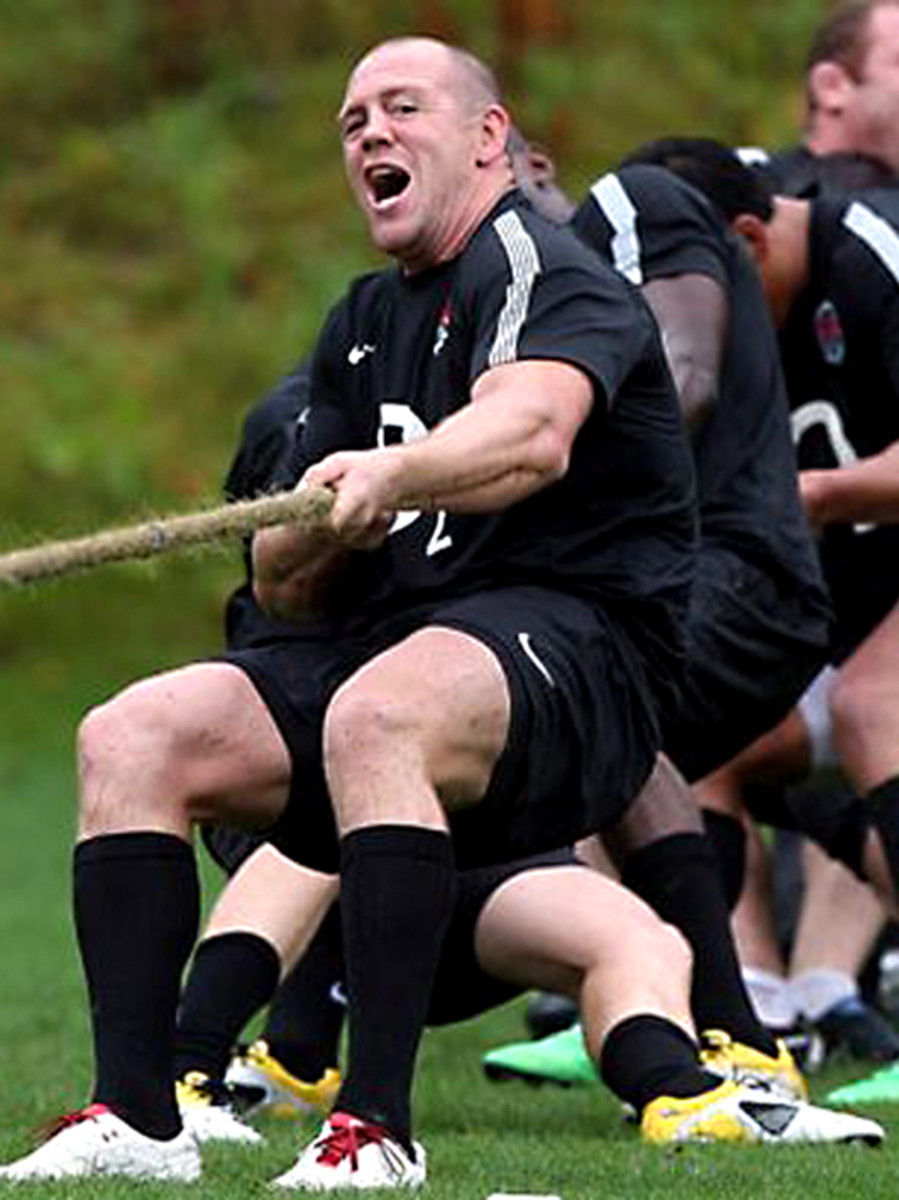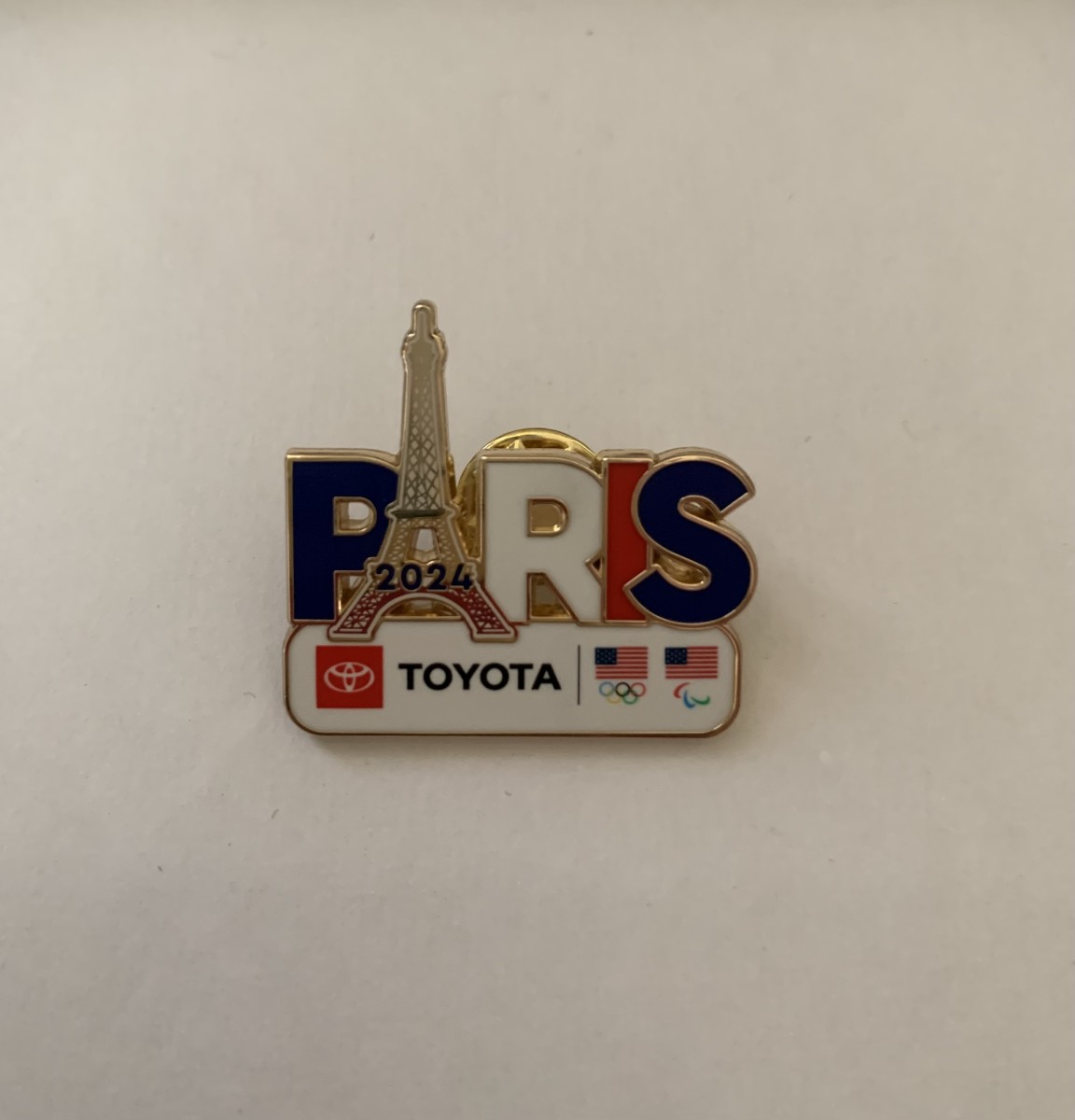Why Were Some Smaller Countries Successful at the 2014 Sochi Winter Olympics?
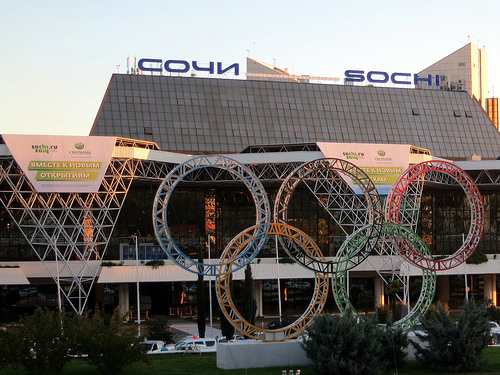
Why Do Winners Win?
An interesting question was posted by Hubber raymondphilippe in the HubPages Q & A section. The question is:
What has made several small countries (population wise) so successful in the Sochi, Winter Olympics?
This answering Hub will compare nations as top medal winners with population size with the hope of finding a pattern or set of explanations.
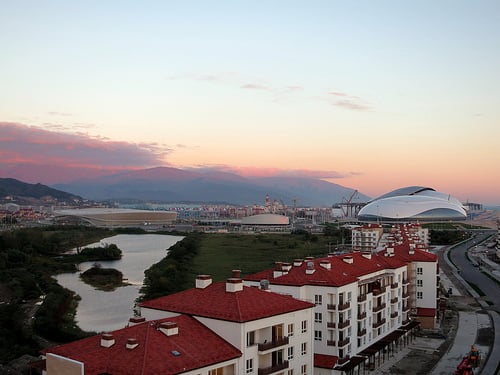
Top Medal Winning Countries in 2014
By central coordinates for each nation among the top 10 medal winners, Russia is the farthest to the north, while USA is farthest to the south. All top winners are in the Northern Hemisphere.
The national sports, official or unofficially for the uppermost medal winning countries in 2014 are:
- Russia - Bandy (Ice Hockey with a ball rather than a puck), Biathlon.
- Norway - Cross Country Skiing
- Canada - Ice Hockey
- USA - Baseball (This sport is not in either the Summer or Winter Olympics)
- Netherlands - Soccer. Less well publicized: Speed Skating.
- Germany - Soccer, Biathlon. Less popular are Bobsled, Luge, and Skeleton.
- Switzerland - Ice Hockey, Alpine Skiing, Soccer
- Belarus - Ice Hockey, Biathlon, Sambo
- Austria - Soccer
- France - Soccer. Also known for bicycling and the Tour de France each summer.
In addition to these national and poplar sports, many of these countries re famous for skiing, but competitive and recreational. These countries include Norway and the nations in and around the Alps mountain range: Switzerland, Austria, and France.
Check Out the Climates of Olympic Winners
- Weather Online UK - Records of Climates Of the World
Weather for UK, Ireland and the world. Sailing, Marine Weather, Weather maps, radar, satellite, climate, historic weather data, information about meteorology, reports, weather warning.
Russia - Leader In 2014 Medals
Click thumbnail to view full-size

Northernmost Cluster of Top Medal Winners
Latitude and longitude of central Russia is 60.0000 degrees N and 90.0000 degrees E.
Latitude and longitude of central Germany is 51.5167 degrees N and 9.9167 degrees E.
Central Cluster Is More Northernly Placed in Europe Than Is USA.
Latitude and longitude of center of USA is 40.0000 degrees N and 100.0000 degrees W.
Latitude and longitude of center of France is 47.0000 degrees N and 2.0000 degrees E.
Top 10 Medal Winning Countries In the 2014 Winter Games
Nation
| Population Number, by US Census Bureau, 2014
| Number of Medals
| Number of Gold Medals
|
|---|---|---|---|
Russia
| 142,470,272 (down from 143,420,300 in 2006)
| 33
| 13
|
Norway
| 5,136,700
| 26
| 11
|
Canada
| 34,834,841
| 25
| 10
|
United States of America
| 318,892,103
| 28
| 9
|
Netherlands
| 16,877,351
| 24
| 8
|
Germany
| 80,996,685
| 19
| 8
|
Switzerland
| 8,061,516
| 11
| 6
|
Belarus
| 9,608,058
| 6
| 5
|
Austria
| 8,223,062
| 17
| 4
|
France
| 66,259,012
| 15
| 4
|
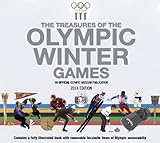
Smallest Populations
The smallest populations among the nations that won the largest numbers of Olympic medals in 2014 are the following five. They are listed in rank of smallest population to largest population.
- Norway
- Switzerland
- Austria
- Belarus
- Netherlands
Why Were Smaller Countries Successful?
A number of factors enter a success equation in winter sports competition in the Olympics. Attention given to an individual sport for building a following and a base of participants is one factor.
Other important variables include the quality of training facilities and coaches, the size of related expenses, the amount of government support, the availability of sponsorships, the status of sports in schools, and several others.
Norway
Norway's national sport is cross country skiing. That nation won 11 of its 26 total 2014 medals in cross country skiing. Competitors from that Scandinavian country medalled in biathlon (involves skiing) six times and Nordic combined (involves skiing) four times. Three medals came from Alpine skiing. Norway is a skiing country that won many medals in skiing sports. Twenty-four of 26 medals came from skiing related sports.This fact seems logical.
Norway: Medal Leader Among Smaller Populations
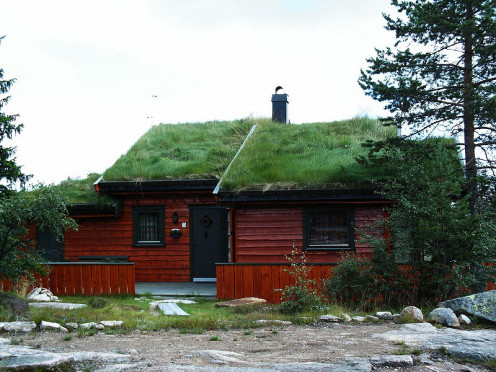
Comparisons
Winners With Larger Populations and Land Size
Larger countries Russia and Canada each won nine medals in skiing events, compared to Norway's 24, while USA won 12.
Of course, most of the American skiing medals occurred in Freestyle Skiing, once known as Hotdog Skiing, also known in some circles as an entertaining show-off's competition. That fits some nations' view of the United States totally.
A news reporter wrote in recent years that compared to the UK and Canada, who are more like refined adults, USA is a 17-year-old risk-taking male (even if Canada is a younger country, founded in 1854 compared to USA's 1776-1789 birth).
In 2014, some Americans became less risky, because of injuries and likely because of viewing others' even more serious injuries; and, fewer medals found their way into the hands of American competitors than initially predicted. At one point near the end of the Games, USA was in first place in medal accumulation and plummeted to fourth place quickly after hockey and speed skating losses.
Smaller Countries
Switzerland - This country is in the Swiss Alps. These athletes won three medals in snowboarding, two in cross country skiing, one in biathlon, and three in Alpine skiing. Opportunities and facilities for all of these sports are accessible to both athletes and tourists. Among 138 Winter Medals for Switzerland at this date, 59 medals are in Alpine skiing and 31 in bobsledding.
Belarus - Biathlon (cross country skiing with stationary rifle) is popular here, as it is in Russia. The two countries are located near one another and are former members of the USSR, whose government supported athletes in this and many other sports. In 2014, Belarus won four medals in biathlon and two in freestyle skiing (total of five golds out of six medals). Since Independence from the USSR, Belarus has won one Gold Medal in 2010, but five in Sochi. That's 15 total from 1992 through 2014.
Austria - Near the Alps and a winter sports mecca, this nation produced nine medals in Alpine skiing, with other medals in Nordic combined, ski jump, biathlon, luge, and snowboarding. The Austrians excelled in Alpine skiing with nine medals, far more their other winning events. One cross country skier was disqualified for doping. However, Mario Matt of Austria, age 34, became the oldest Men’s Slalom God Medal champion.
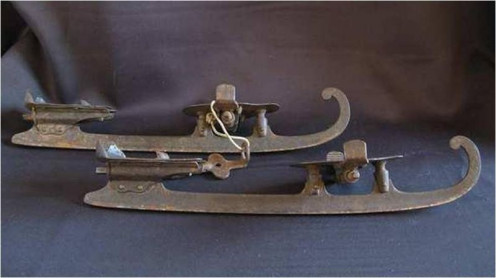
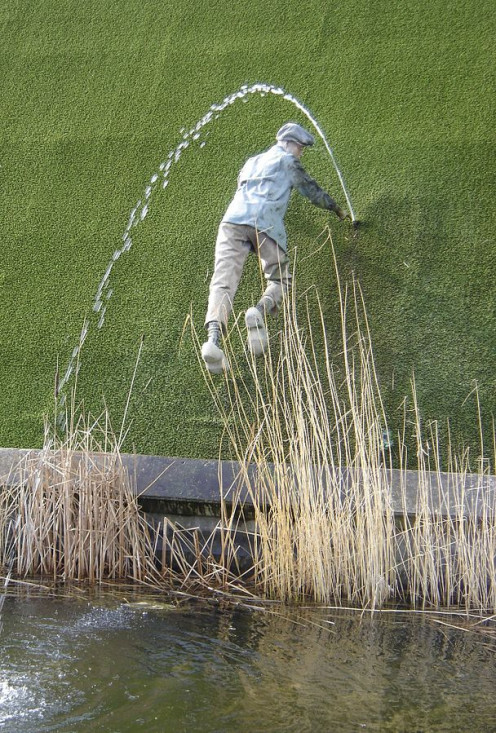
Netherlands ("Low Lands")
Netherlands is an interesting case.The Dutch have always skated on their frozen canals and the activity became a national obsession that people of other places seem not to understand.
Although soccer is the nationally most popular sport (according to media reporting), ice skating is represented in what may be called the "national story" - Hans Brinker; or, the Silver Skates: A Story of Life in Holland.
The story was written by an American in 1865, but the theme fits the smaller country. The book brought knowledge of Dutch speed skating to the USA for the first time. The Dutch were already skating for prizes.
Dutch skating is still more popular than displayed in the media to the rest of the world and Netherlands won all of their medals in speed skating, 23 out of 24 in long-track. The International Skating Union is headquartered in Holland and fans are many and boisterous at any and all related events for which they can possibly secure tickets.
A story within a story in Brinker is the proverb of the boy who plugged a dike with a finger. At least three large statues of this boy appear around the Netherlands, even though the book is by an American author. Some online opinions state that the Dutch don't know the story - hard to believe given the large statues across a small nation.
Netherlands, Why So Much Skating?
- 2014 Sochi Olympics: Dutch Dynasty, or why the Netherlands dominates speed skating - SBNation.com
It's tough to recall any Olympic discipline being so thoroughly dominated by one nation as the Netherlands dominated speed skating in the 2014 Winter Olympics. The International Skating Union was founded in the Netherlands in 1892.
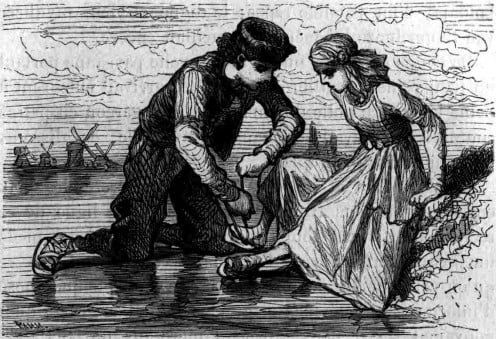
The Case of France, a Medium-Sized Country
France has a medium-sized population when compared with the other Top 10 Winning Nations in Sochi during February, 2014.
The French - They have the French Alps and 15 medals in the 2014 Winter Olympics. All their medals occurred in skiing related events, except their two in snowboarding. They earned five medals in freestyle skiing (true Hotdogs, indeed).
- France draws crowds of people, both residents and tourists, for winter and summer sports of many types. France has entered athletes in every Winter Games and has hosted them three times: 1924 in Chamonix, 1958 in Grenoble, and 1992 in Albertville. The most medals they have won in a single Winter Olympics is 15 in Sochi in 2014.
- France has won at least 94 medals in Winter Olympic Games total, most in Alpine skiing, except in Sochi, where they did best in freestyle skiing.
- When the French won all the medals in Men's Ski Cross, you might remember that both Canada and Slovenia filed complaints against the French for their ski suits. Allegedly, the French changed the lower legs of the suits to be more aerodynamic. The complaints were dismissed by appropriate skiing authorities, for failure to file in a timely fashion.
What Makes A Winner In a Small Country?
Some patterns emerge among nations with small populations that won the most medals in the Sochi 2014 Winter Olympics:
- All of the Top 10 Winners, including smaller countries,are located in the Northern Hemisphere and above 40º N. Latitude, except for parts of the USA.
- The winter sports in which these nations' athletes won medals are either long-time national sports or very popular sports among residents and/or travelers. The tourist trade likely boosts performance and participation in these sports in Norway, Switzerland, Austria, and the Netherlands. Tourists may cause an increase in the need for winter sports guides and instructors. In the case of the Netherlands, speed skating is a sheer obsession.
- The sports at which these winning countries excel seem to match their landscapes. Examples are 1) Norway, mountains, Alpine skiing; 2) Netherlands, canals, speed skating; 3 & 4) Austria and Switzerland, mountains, skiing events; and 5) Belarus, flat land, cross country skiing and biathlon.
- Sports are part of each of these winning nation's characters. Lifestyles include movement and sports performed often.
- These winning small countries enjoy an enthusiastic and consistent fan base that supports national athletes at as many events as fans can attend.
- School and government instructional and financial support for sports in which athletes are winning medals may be in play.

